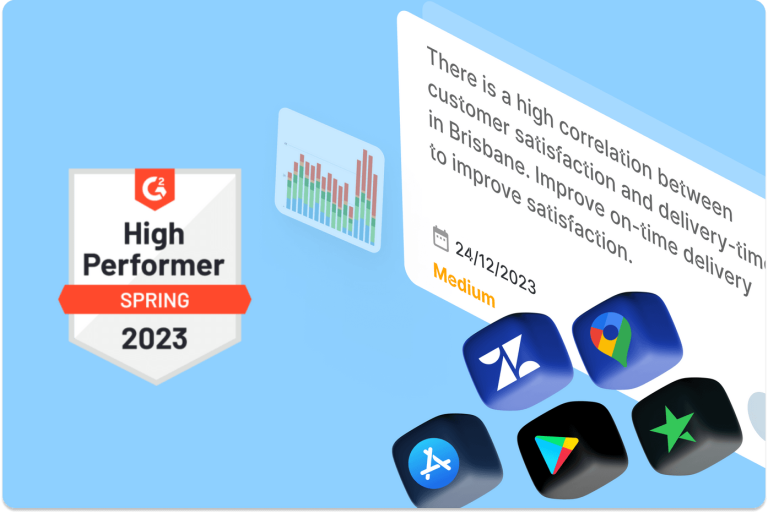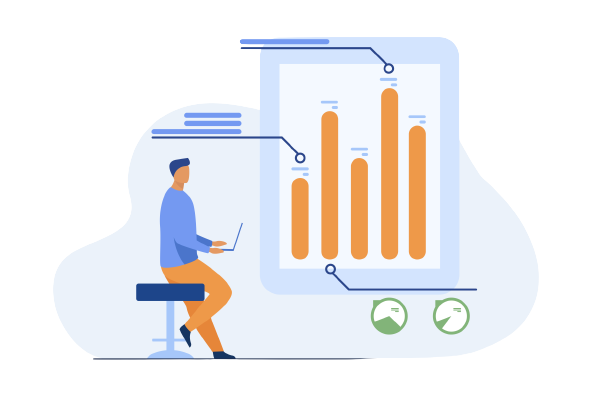
Why Multi-Venue Businesses Need Voice of Customer Analytics Now
In the dynamic world of multi-venue businesses, success is often measured by the quality of customer experiences. These businesses, which encompass chains of restaurants, retail stores, hotels, and entertainment venues, face unique challenges when it comes to understanding and satisfying their customers. In an age where customer feedback is prolific and influential, Voice of Customer (VoC) analytics has become more critical than ever. In this article, we will explore why multi-venue businesses need VoC analytics now, supported by facts, figures, and real-world examples.








